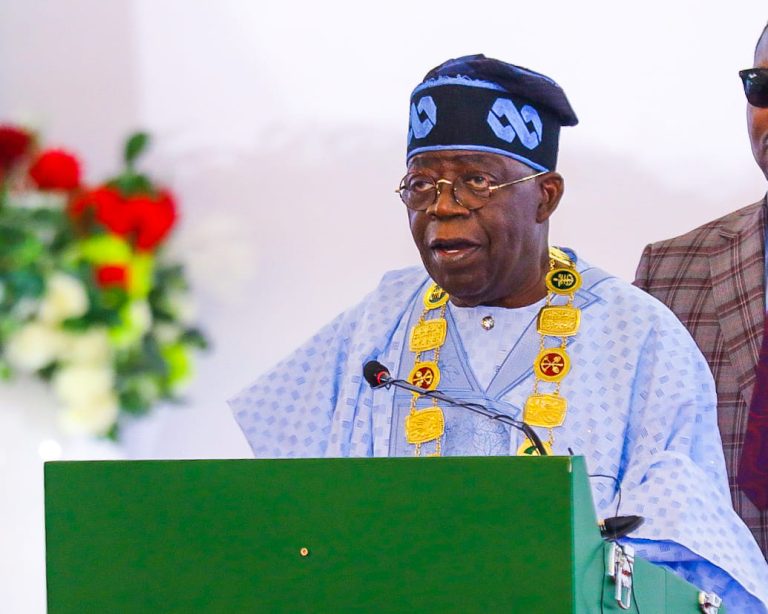President Bola Tinubu has revealed that within the first nine months of his term, his administration has successfully drawn $30 billion in Foreign Direct Investment (FDI) commitments, bolstering the Nigerian economy.
He made this disclosure during the 2023 Leadership Annual Conference and Award event, themed “An Economy in Distress: The Way Forward,” which took place in Abuja on Tuesday.
Represented by the Minister of Information and National Orientation, Mohammed Idris, President Tinubu conveyed that, despite facing challenging times, the Nigerian economy is far from being in distress.
He highlighted that, amidst these challenges, Nigeria is seizing unprecedented opportunities to redirect its path towards establishing a new and sustainable economic framework, transitioning from the previously prevalent practices of rent-seeking and wasteful expenditure.
- “Since we assumed office in May 2023, we have attracted $30 billion in Foreign Direct Investment (FDI) commitments into the real sectors of the economy, including manufacturing, telecoms, healthcare, oil and gas, and others.
- “Those investments have already started coming into the country. Just a few days ago, I was in Qatar on an official visit, where the Emir assured that a senior government delegation would visit Nigeria after Ramadan.
- “I have asked the Minister of Finance and Coordinating Minister of the Economy to directly interface with the Qatari authorities to ensure that speedy progress is made.
- “The Nigerian economy saw a better than anticipated performance in the last quarter of 2023, growing by 3.46%, compared with 2.54% in the preceding quarter.
- “Capital Importation into Nigeria was up by 66 per cent in Q4 2023, reversing a 36 per cent decline in the previous quarter.
- “In January 2024, the Nigerian Stock Exchange All Share Index (ASI) crossed the 100,000 points mark, its highest ever.
- “There is no one who looks at this data who will conclude that “distressed” is the accurate way to describe the Nigerian economy,” President Tinubu stated.
President Tinubu emphasised that these were the outcomes of ongoing reforms.
More insights
- In his further remarks, President Tinubu acknowledged the difficulties arising from recent reforms, yet he reassured the public that significant efforts are being invested to mitigate these challenges and to stabilize the economy.
- He highlighted the vast potential for investment across all sectors, thanks to the Federal Government’s efforts to stabilize the foreign exchange market and improve macroeconomic indicators.
- Also, President Tinubu revealed that the elimination of petrol subsidies has led to a significant decrease in petrol imports, cutting them by approximately 50%—a reduction that amounts to about one billion liters monthly, as reported by the National Bureau of Statistics.
- He further noted that since the subsidy’s removal, revenue for all three levels of government—federal, state, and local—has seen an increase ranging from 50% to 100%. According to him, this surge in revenue signifies that more financial resources are now available to be channeled into critical areas of development, such as infrastructure and social security, ultimately benefiting the Nigerian populace directly.

